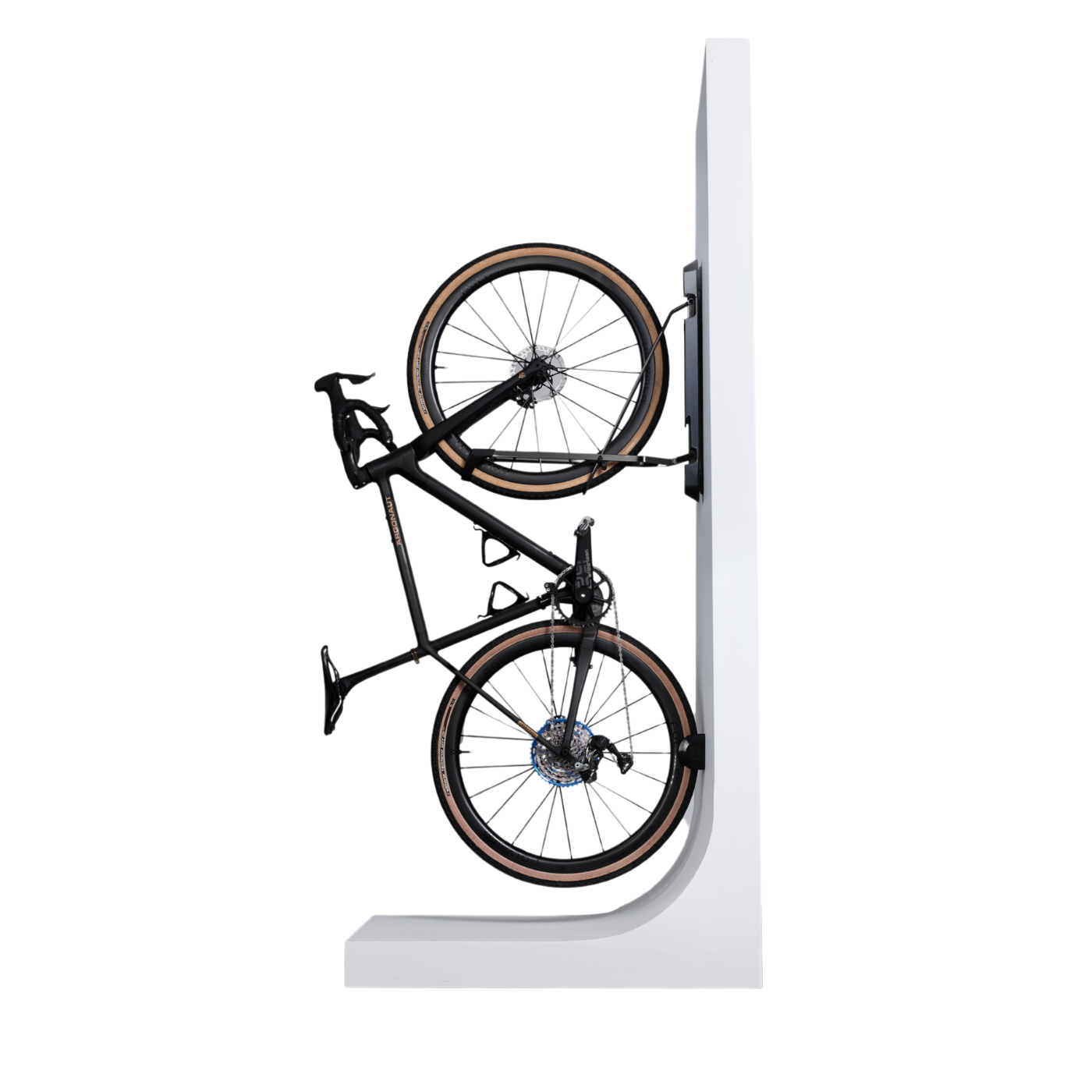Walking and cycling to work makes commuters happier and more productive
Walking and cycling to work makes commuters happier and more productive
In Australia, more than 9 million people commute to work every weekday. The distance they travel and how they get there – car, public transport, cycling or walking – can influence their well-being and performance at work. Our study, involving 1,121 full-time workers who commute daily to work, made several important findings:
- Those who commute longer distances tend to have more days off work
- Among middle-aged workers, those who walk or cycle performed better in the workplace
- Those who commute short distances, walk or cycle to work, are more likely to be happy commuters, which makes them more productive
What did the study look at?
Our research investigated how and to what extent our daily commuting can influence workplace productivity. We surveyed 1,121 employees from Sydney, Melbourne and Brisbane. These employees are all employed full-time, have a fixed place of employment, make regular commuting trips and work in different industries and occupations. We found that workers with a long-distance commute have more absent days, as the graph below shows.
How does commuting affect productivity?
Urban economic theory provides one explanation of the link between commuting and productivity. It argues that workers make trade-offs between leisure time at home and effort in work. Therefore, workers with long commutes put in less effort or shirk work as their leisure time is reduced. Commuting can also affect work productivity through poorer physical and mental health. Low physical activity can lead to obesity as well as related chronic diseases, significantly reducing workforce participation and increasing absenteeism. The mental stress associated with commuting can further affect work performance. A growing number of studies have found active commuting by walking and cycling is perceived to be more “relaxing and exciting”. By contrast, commuting by car and public transport is more “stressful and boring”. These positive or negative emotions during the commute influence moods and emotions during the work day, affecting work performance. Finally, commuting choice could influence work productivity through cognitive ability. Physical activity improves brain function and cognition, which are closely related to performance. So it’s possible that active travel commuters might have better cognitive ability at work, at least in the several hours after the intense physical activity of cycling or walking to work.








